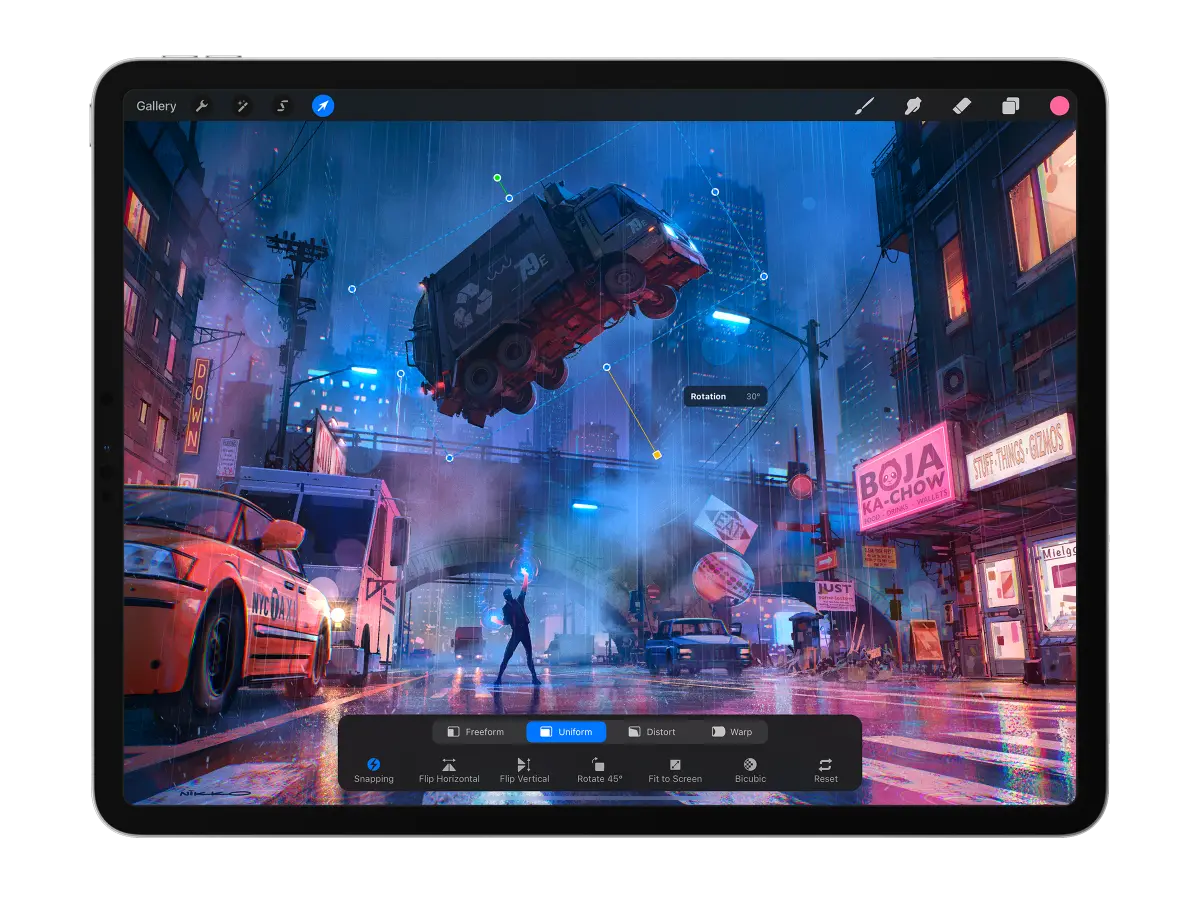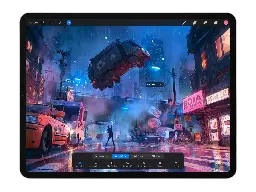Procreate takes a stand against generative AI, vows to never incorporate the tech into its products | TechCrunch
Procreate takes a stand against generative AI, vows to never incorporate the tech into its products | TechCrunch

Procreate takes a stand against generative AI, vows to never incorporate the tech into its products | TechCrunch

Popular iPad design app Procreate is coming out against generative AI, and has vowed never to introduce generative AI features into its products. The company said on its website that although machine learning is a “compelling technology with a lot of merit,” the current path that generative AI is on is wrong for its platform.
Procreate goes on to say that it’s not chasing a technology that is a threat to human creativity, even though this may make the company “seem at risk of being left behind.”
Procreate CEO James Cuda released an even stronger statement against the technology in a video posted to X on Monday.
